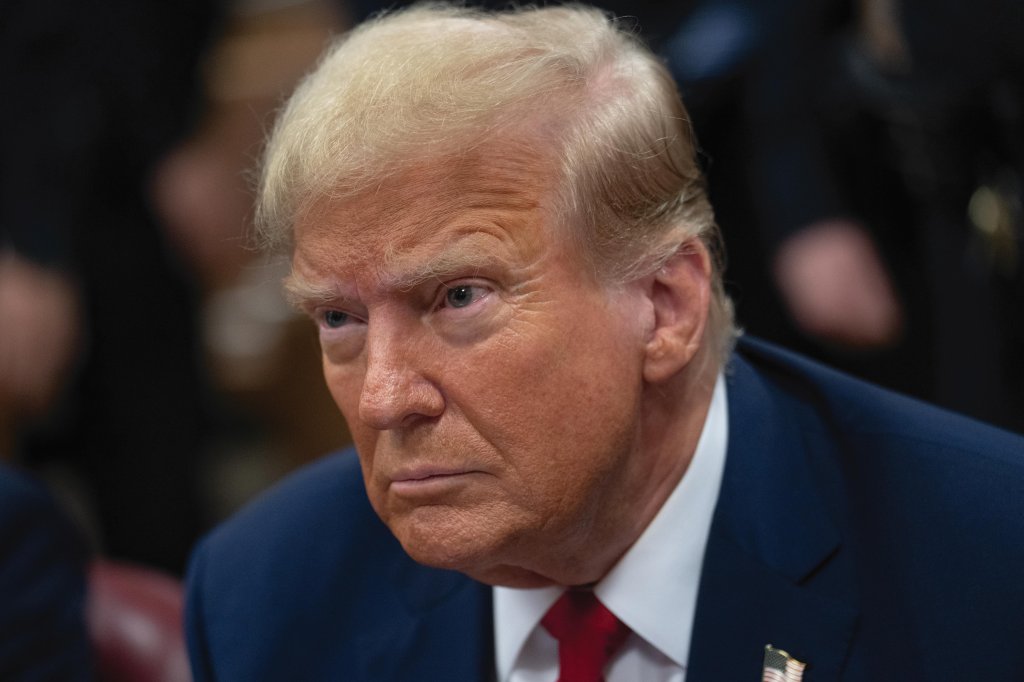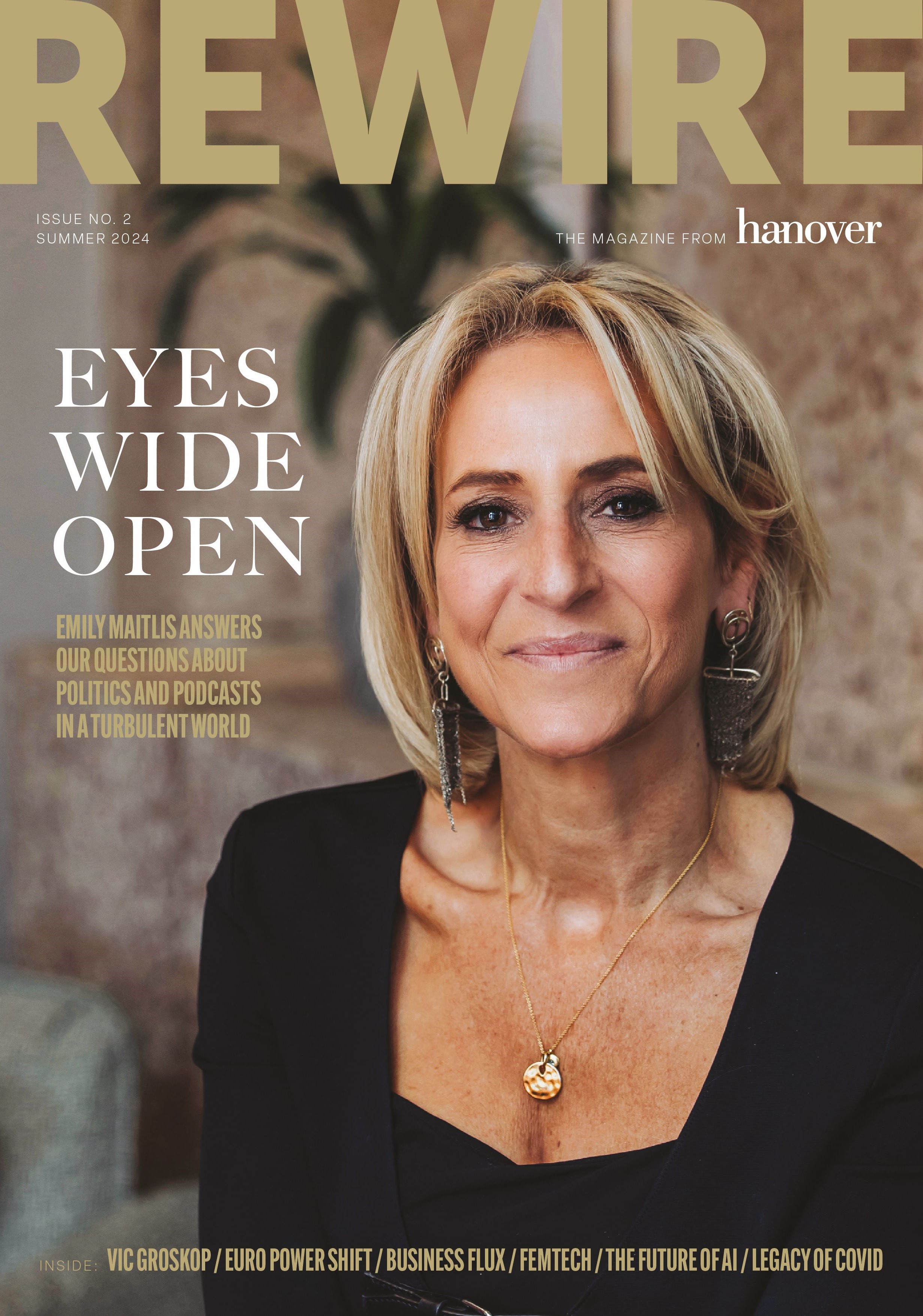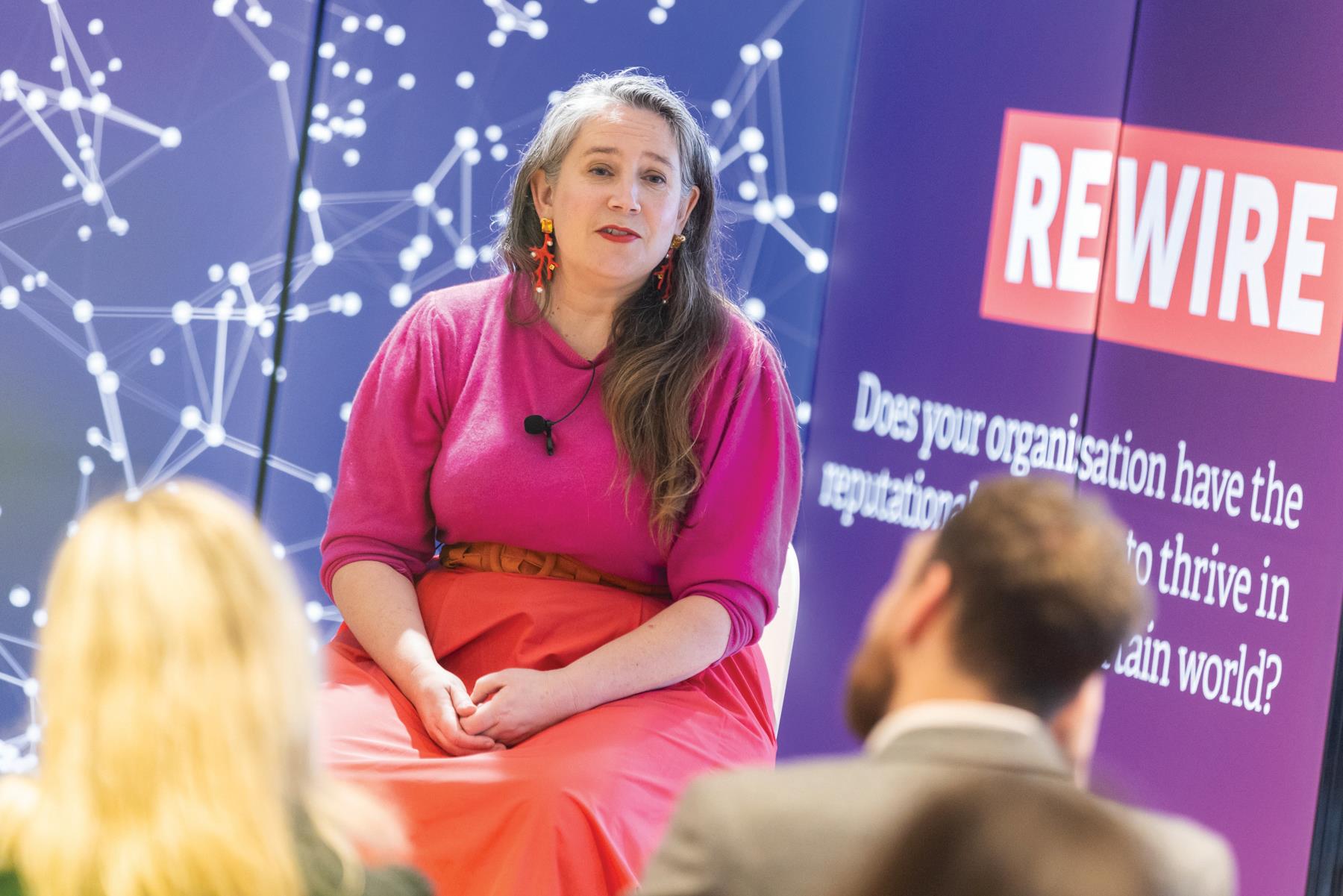Among the challenges is an increasing fear of the sensitivities of geography, with wars being waged in both Ukraine and the Middle East and investors alert to a swell in global political and economic uncertainty.
For anyone thinking of listing, addressing association with scrutinised markets early on is therefore crucial.
In the UK, the Competition and Markets Authority (CMA) and the National Security and Investment Act (NSI) are alert to the activities of foreign investors, closely monitoring investments and acquisitions, as seen by Culture Secretary Lucy Frazer’s intervention in Abu Dhabi-backed RedBird IMI’s bid for the Telegraph Media Group. To what extent, then, does an investor relations officer (IRO) need to worry about the relationship its business has with any given market attracting scrutiny?
It is no secret that in recent years Gulf countries have looked overseas to diversify portfolios away from oil. Saudi Arabia’s Public Investment Fund (PIF) has significantly increased its international investments, including $45 billion and nearly 50% of the capital committed to the SoftBank Vision Fund. Meanwhile, Abu Dhabi’s Mubadala announced in 2021 its £10 billion Partnership for the Future investment in priority UK industries, and the Qatar Investment Authority (QIA) has invested heavily in European assets, including Harrods, Paris Saint Germain, the Ritz and Credit Suisse, to name a few.
As the global economy limps from year to year, this is all evidence of the widening search for wealth in alternative sources from relatively new – but increasingly significant – market players. As with any entrants, it is vital that any businesses looking to IPO not only do their due diligence, but prepare a narrative that fits and manages their stakeholders as well as prospective investors; this is all the more vital when dealing with markets under more scrutiny than others.
The reason? Readying for IPO is a significant expense (according to British Business Bank, the process can cost up to 8% of the amount hoped to raise). It is worth laying the groundwork to ensure all goes smoothly with your stakeholders, from investors to regulators.
First of all, acknowledging and talking to your connections is crucial when preparing to list. When it comes to divulging involvement in a market that has a reputation for political tensions or human rights issues, for example, you must address your association head on. Fail to do so and you risk losing control of the narrative, which could be more damaging to your IPO in the long-term, narrowing your pool of prospective investors. A carefully planned proactive media campaign and targeted stakeholder engagement needs to be implemented so you’re in the best place possible ahead of an IPO.
Shein – the Chinese retailer now headquartered in Singapore – and its New York IPO is a good lesson. Shein had been tainted by its ties to China and was challenged by the US Securities and Exchange Commission on national security grounds ahead of its IPO. They are now considering London. This shift in approach towards contested markets as investors seek clean, uncomplicated deals is becoming more and more common.
Another transatlantic example is how US Senators targeted TikTok CEO Shou Chew for the platform’s connection to China during the big tech Congress hearing in January, citing data security as the primary source of concern. In the UK, the government debated using the NSI as a means to compel SoftBank to list Arm in London; similarly, when serving as business secretary, Kwasi Kwarteng blocked Beijing Infinite Vision Technology from buying vision sensing technology from the University of Manchester.
Most commonly, concerns – at least those stated publicly – revolve around national security.
With increased political scrutiny comes media interest and those on the back foot risk trial by Fleet Street. Transparency of intent is key, not for all markets, but certainly for US and European stock exchanges in the current climate. So then is the need for IROs to determine where its geopolitical risks lie, and know how to address them








-1721206371.png)
katedarkins-149-1719828715.jpg)


